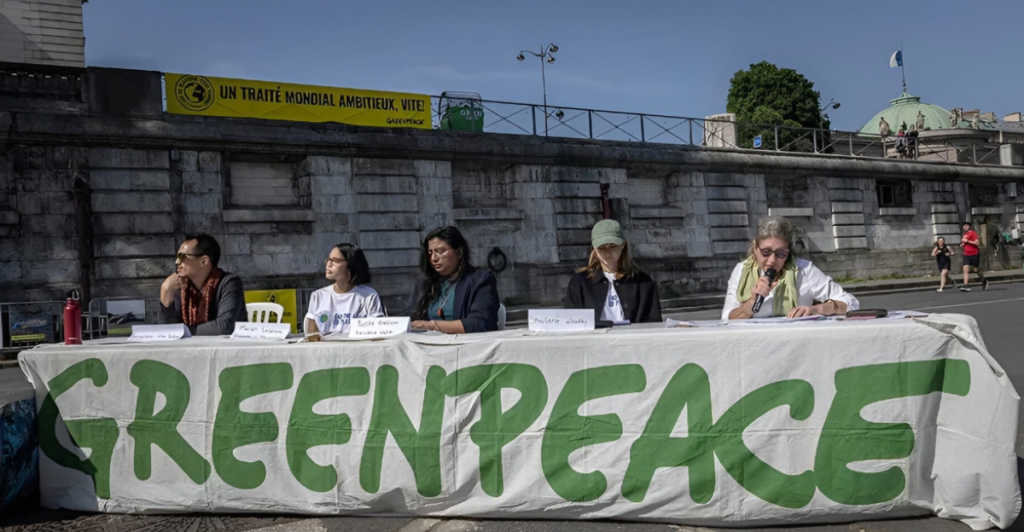
Greenpeace, one of the world’s most famous environmental groups, has been at the center of monumental court battles recently. Perhaps the most extensively reported was a case brought by Energy Transfer, the corporation behind contentious Dakota Access Pipeline, because of Greenpeace’s outspoken opposition to the project. A North Dakota jury recently granted Energy Transfer millions of dollars in damages against Greenpeace. The case has attracted heat into a wider argument over the future of activism, free speech, and corporate power. Was the ruling a fair sanction for the spreading of misinformation or a strategic attempt to muffle environmental activists? The ruling polarized people down the middle: some view it as a triumph over misinformation, others as a chilling precedent to repress activism. Greenpeace vowed to appeal, so the court battle is far from finished. What does this spell for the future of environmental activism? Let’s break it down.
The Backstory – A Pipeline, A Protest
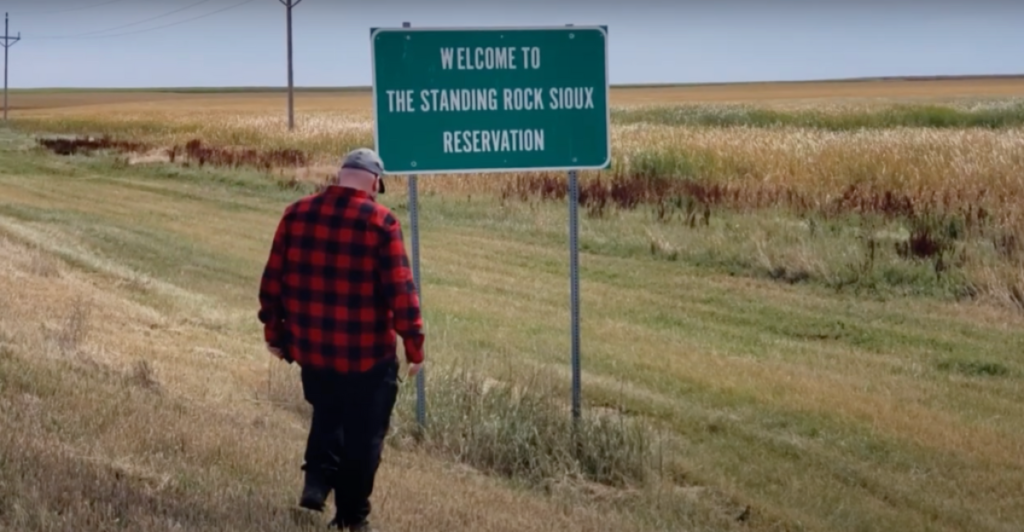
The Dakota Access Pipeline project sparked one of the biggest anti-fossil fuel protests in U.S. history. Thousands of environmentalists, celebrities, and Native American activists gathered near the Standing Rock Sioux Reservation in protest against the pipeline’s route beneath Lake Oahe. They claimed it threatened sacred land and drinking water.
Greenpeace’s Role – Leading or Supporting?

Greenpeace didn’t lead the protests but supported them. The suit, however, accused Greenpeace of orchestrating a “violent and unlawful” campaign to cause economic damage to Energy Transfer. Greenpeace contends it only supported nonviolent direct action and that indigenous leaders led the protests.
The Lawsuit – Energy Transfer Strikes Back
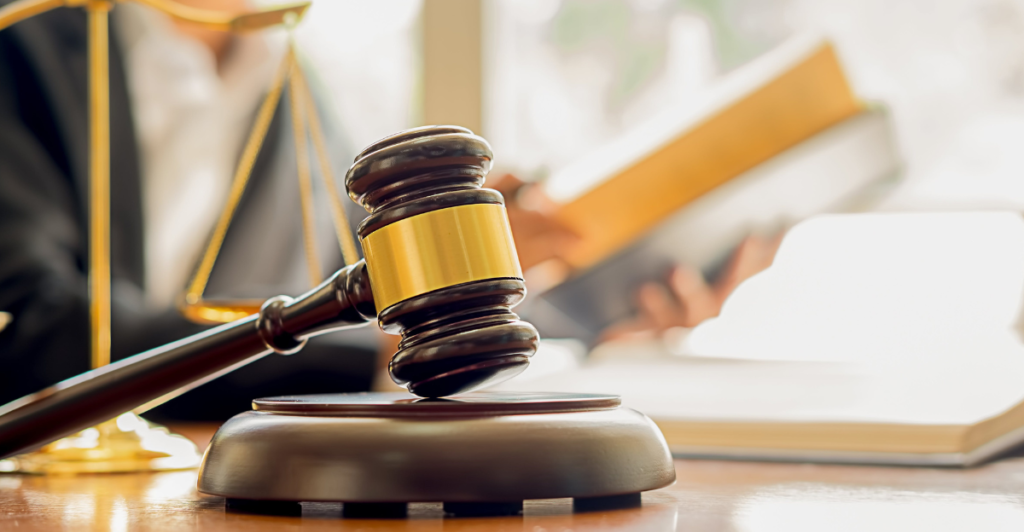
Energy Transfer took Greenpeace to court on grounds of defamation, civil conspiracy, trespass, and nuisance. They alleged that Greenpeace knowingly made false statements to harm the company. The oil company demanded damages of between $265 million and $340 million, and the jury granted even more.
The Verdict – A Landmark Ruling

A North Dakota jury found Greenpeace guilty of defamation following three weeks of testimony and fined it more than $660 million. It is one of the largest defamation penalties imposed on an activist organization. Greenpeace characterized the decision as a direct attack on free speech and promised to appeal.
The Free Speech Debate
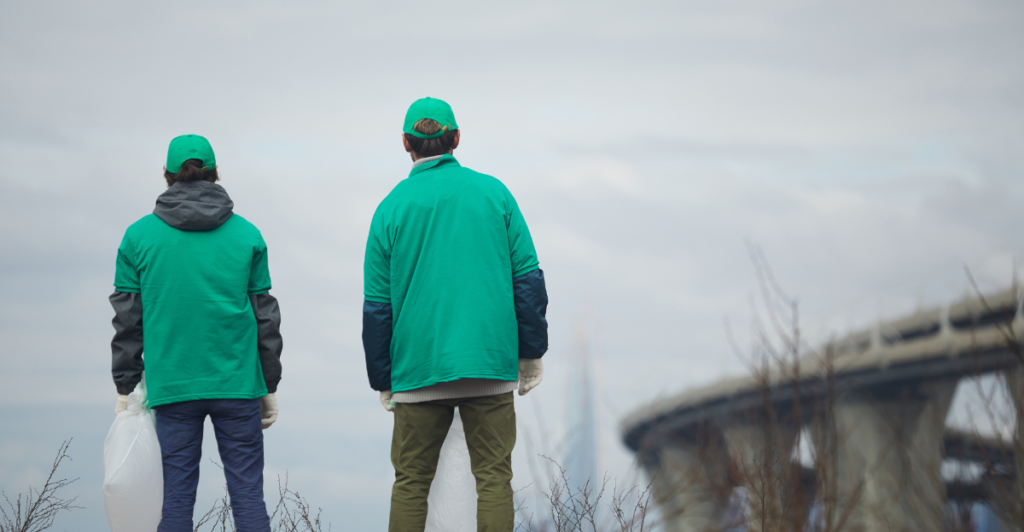
Greenpeace contends this lawsuit is one of many “SLAPP” (Strategic Lawsuits Against Public Participation) lawsuits, intended to muzzle critics. Legal scholars caution the ruling could intimidate other activist groups from speaking up. But proponents argue the case holds individuals responsible in the face of misinformation.
The Impact on Greenpeace
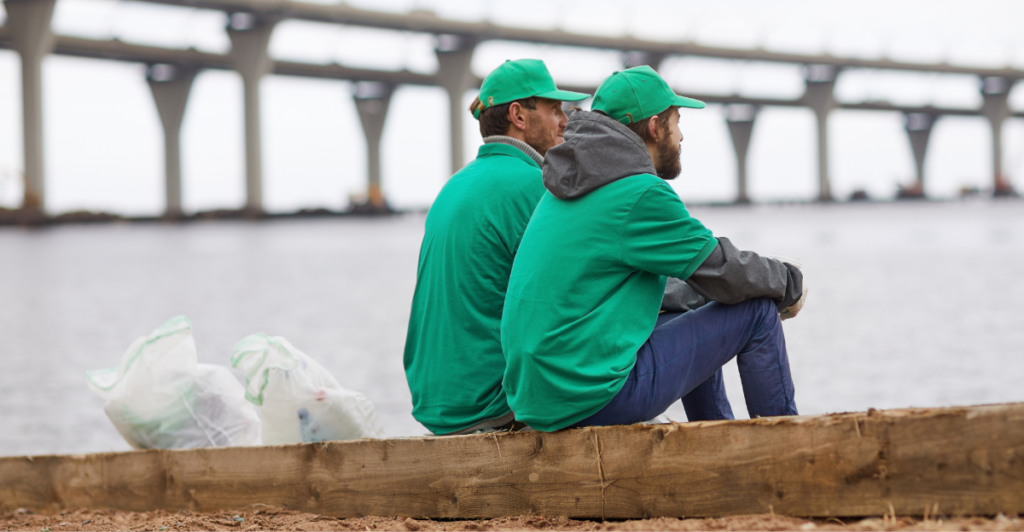
Greenpeace has said that it could go bankrupt due to the massive fine. After over 50 years of activism, this can be a point of no return for the organization. Will it survive the financial blow? Or will the appeal provide it with a lifeline?
The Larger Picture – What It Means for Activism
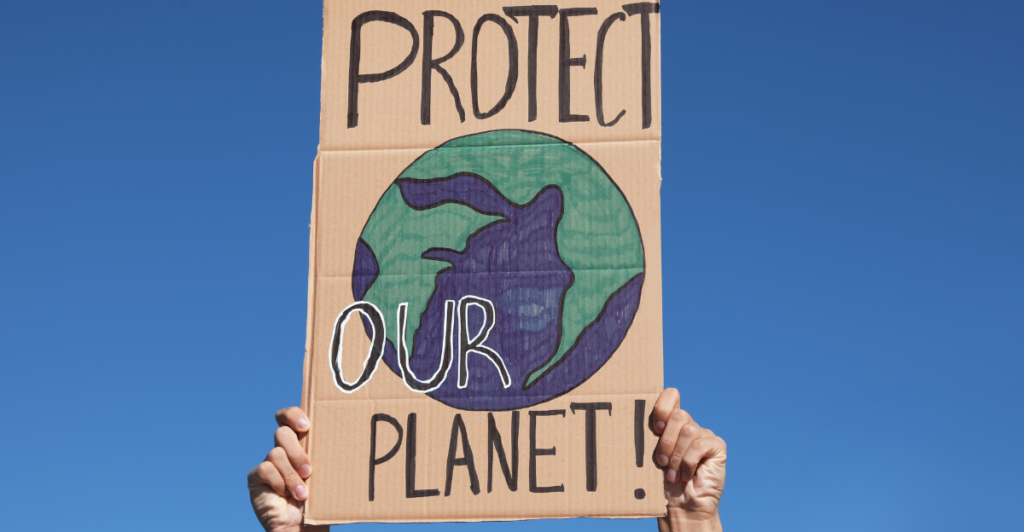
If activist groups can be sued by companies for defamation, will protesting for the environment become a thing of the past? Many worry this case will give corporations the ability to use lawsuits as a means of attacking public dissent. Others claim it’s a needed measure to stop misinformation.
What’s Next? The Legal Battles Continue
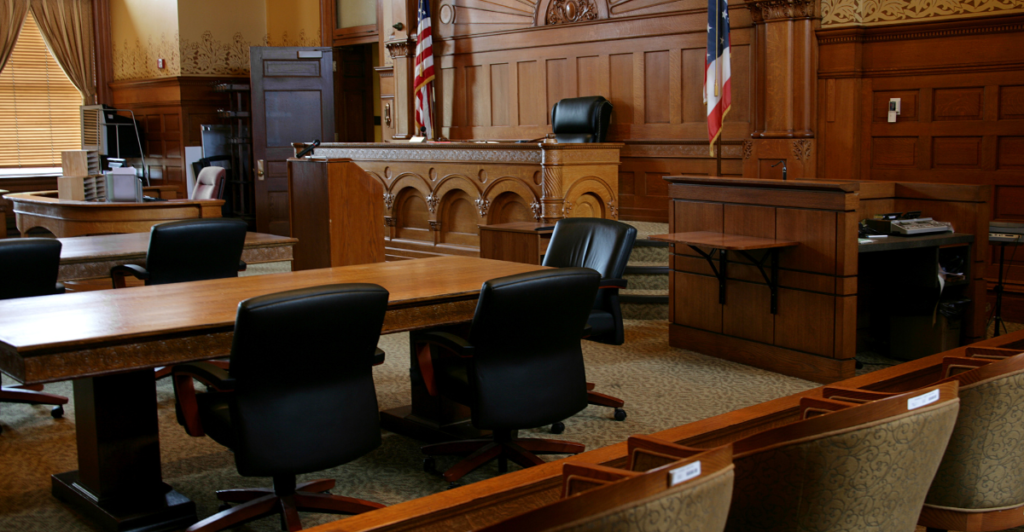
Greenpeace is standing up in Dutch court, accusing Energy Transfer of trying to use the courts to silence criticism. Energy Transfer, on the other hand, is pushing for final payments. With appeals still pending, the courtroom drama is not over.
The Pipeline Today – Still Controversial
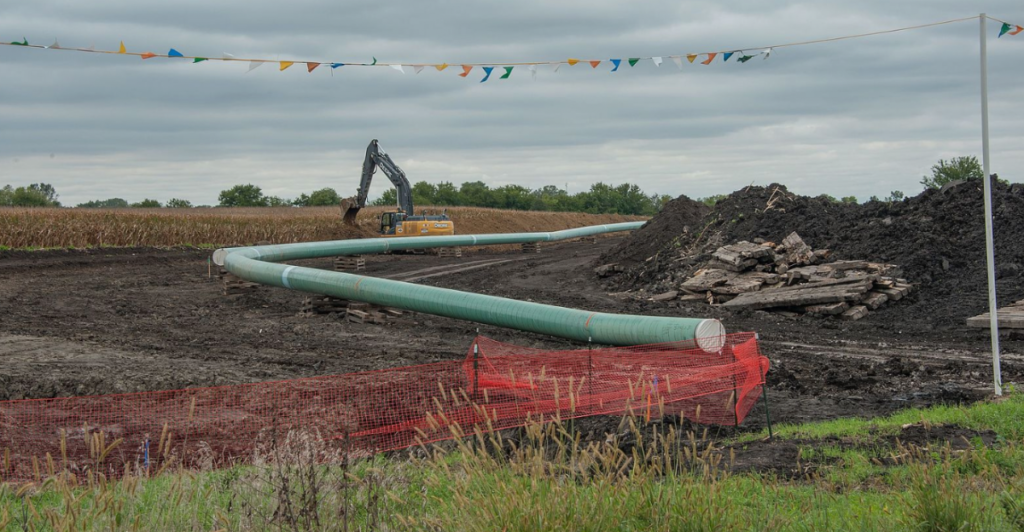
The Dakota Access Pipeline has been in operation since 2017 but without a critical permit to pass under Lake Oahe. Native American groups still contest its legality, demanding environmental assessments and more stringent regulations. The battle is far from finished.
Conclusion – A Defining Moment for Activism

Whether this case can be seen as justice served or free speech under siege, this decision has the potential to alter the course of activism’s future. Will Greenpeace’s appeal reverse the decision? Or is this the start of a new era in which corporations can hold activists financially liable? Only time will tell.
Explore more of our trending stories and hit Follow to keep them coming to your feed!

Don’t miss out on more stories like this! Hit the Follow button at the top of this article to stay updated with the latest news. Share your thoughts in the comments—we’d love to hear from you!







